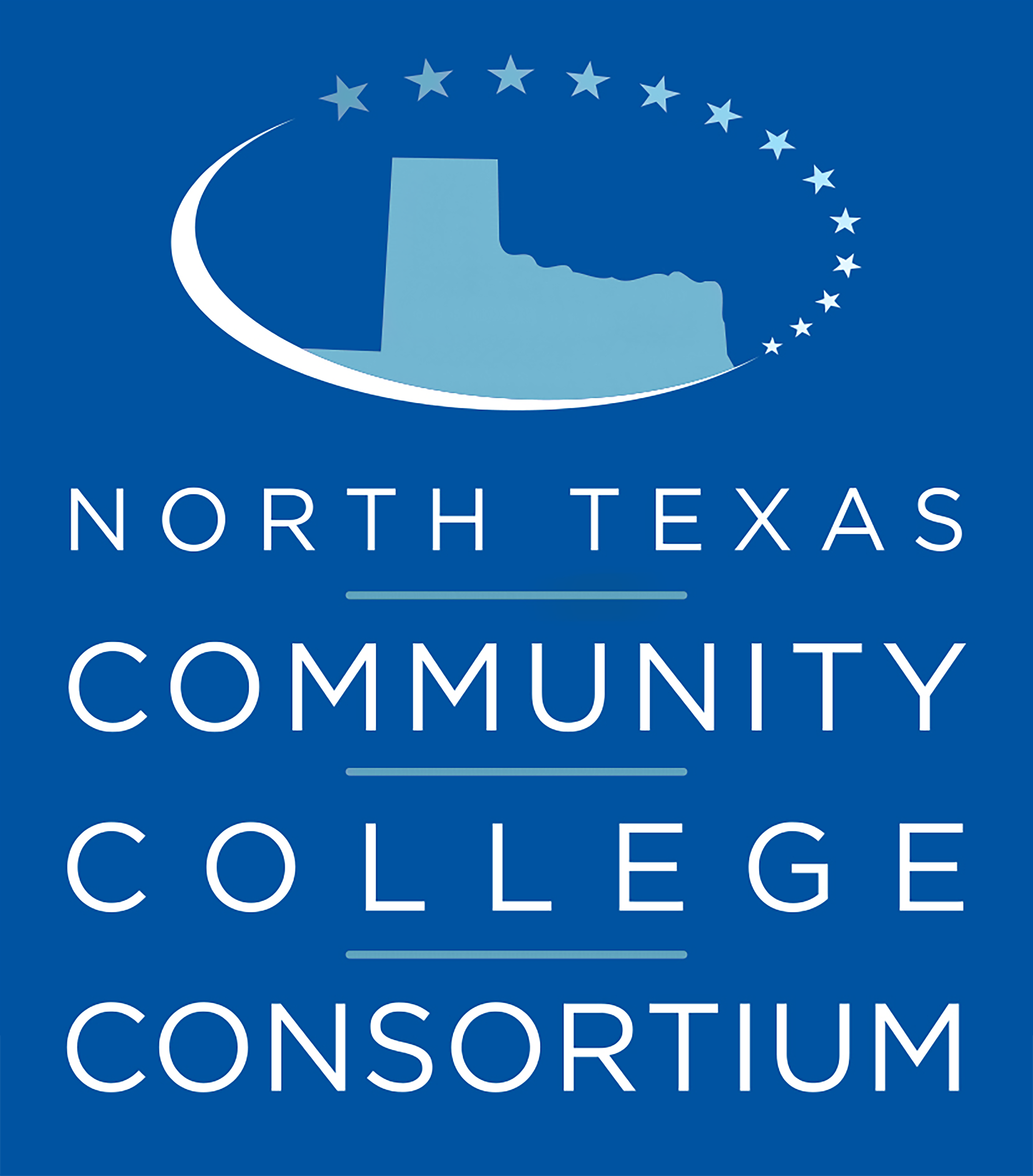Presented at: 12th Annual Outcomes and Assessment Conference
Following the Dual-Credit Pathway: CCs Respond to the THECB-RAND Report
Session Description
In this panel discussion, Texas community college administrators respond to the THECB- RAND Corporation's joint "Dual Credit Education in Texas: Interim Report" (2017) and discuss dual-credit education in a post-HB505 world.
Session Goals
Goals for this session include:
- Hear CC administrators' responses to THECB-RAND's Dual Credit Report
- Discuss post-HB505 dual-credit education, which falls outside the scope of the report, including the impact of dual-credit growth on panelists' institutions
- Discuss how local and statewide assessment of dual-credit education informs institutional practice
Full Description
In the spring of 2017, the Texas Higher Education Coordinating Board (THECB) and the RAND Corporation released their joint report: "Dual Education in Texas: Interim Report," which aimed to provide research upon which legislators might base decisions in the 85th Texas Legislative Session. That report (which covers the years 2000-2015 and thus does not account for post-HB505 changes in Texas dual credit) found that: "1) DC students (prior to HB 505) had better college outcomes than high school graduates who did not take DC courses; 2) DC instruction and advising varied across colleges and universities; 3) Prior to HB 505, DC eligibility rules promoted student success but limited access to traditionally underserved students; and 4) DC students took about the same time and the same semester credit hours (SCH) to complete a college degree as their non-DC counterparts."
This panel will allow panelists to respond to the findings in the THECB-RAND report, noting how the findings relate to panel member institutions' own experiences with and assessment of their dual-credit programs. Further, though, panelists will discuss changes to dual-credit since HB505, not covered in this interim report, and will discuss effects on *institutions* as well as students.
Panelists will address questions such as: What has exponential growth in dual credit meant for student persistence and success? What has it meant for institutional enrollment and transfer patterns? Does funding model affect student access and/or success? What are the opportunities and challenges presented by this growth in the dual-credit student population?
Audience members should leave with a sense of the state of dual-credit education and the role that assessment--both by THECB-RAND and individual CCs--plays in decision making at the local and state levels.
